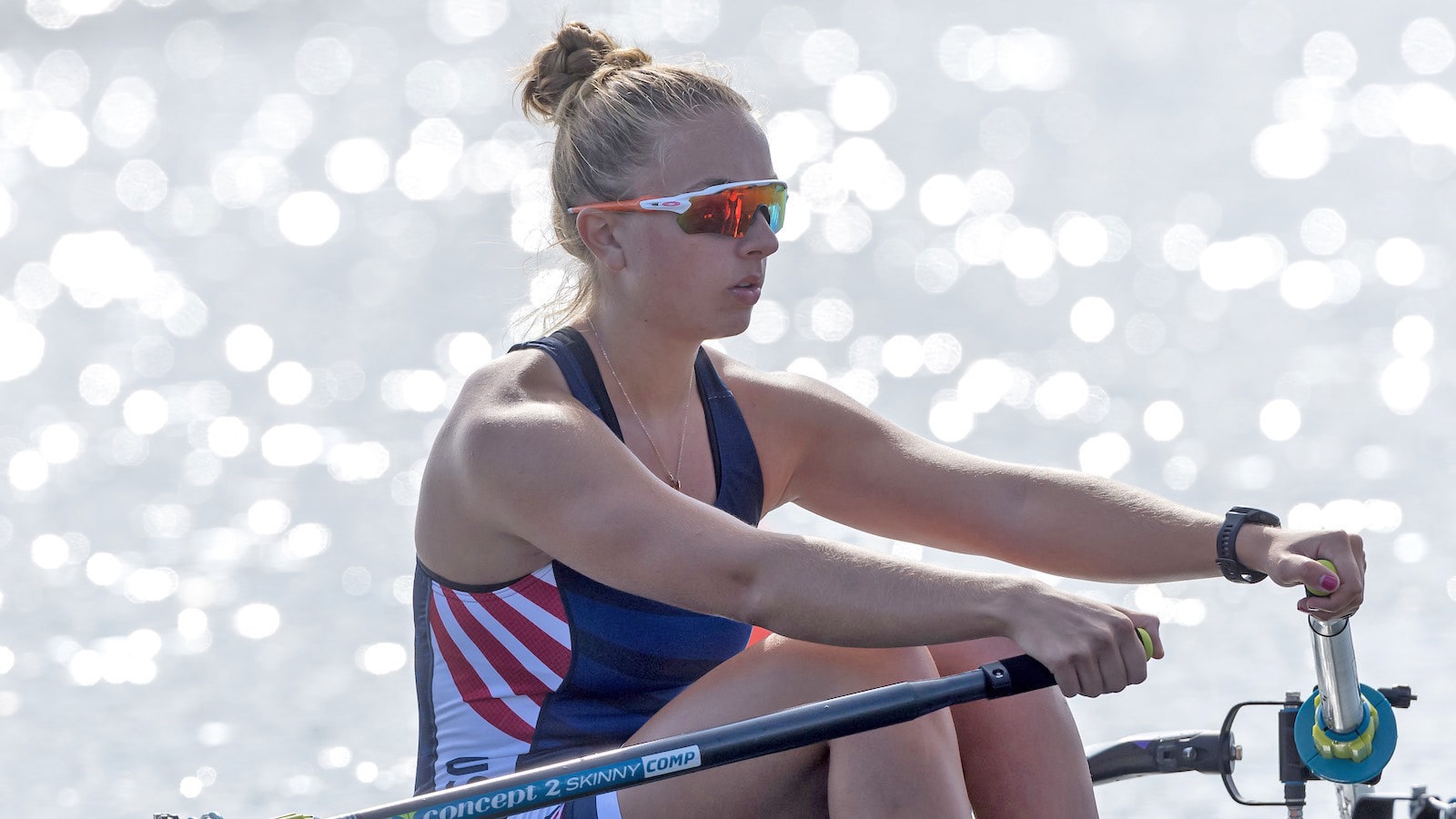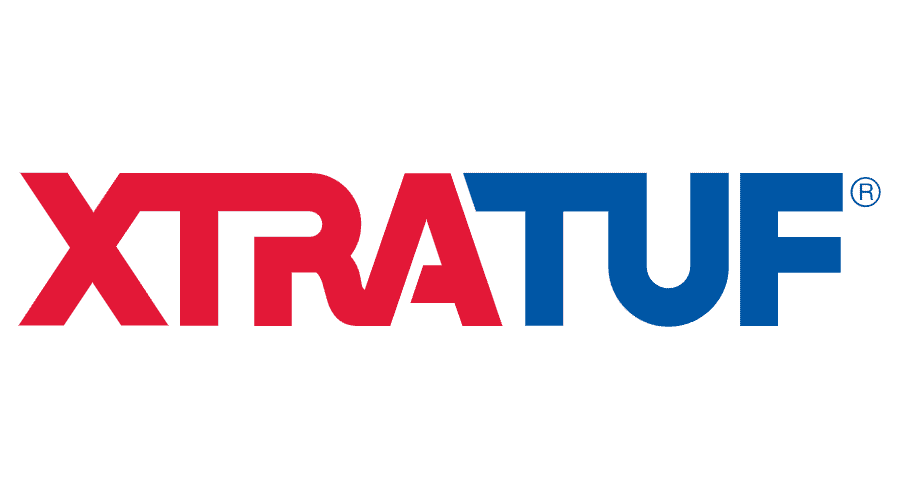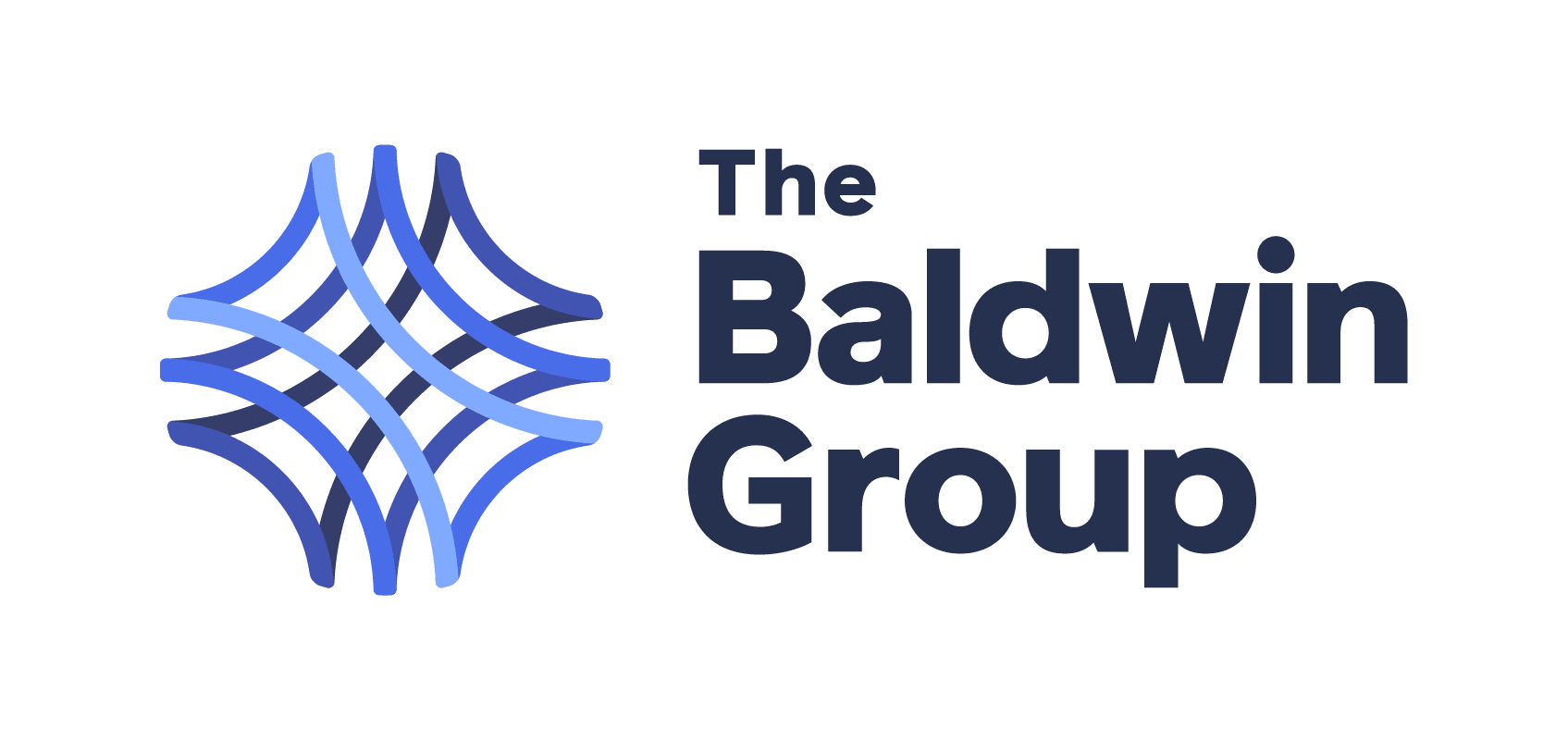
Apr 11, 2024
Meet Gemma Wollenschlaeger, Paris 2024 Paralympian
Tell us a little about yourself.
My name is Gemma Wollenschlaeger, and I am a 20-year-old Paralympic rower training for the Paris 2024 Games. I was born in the United Kingdom, lived in South Africa, and immigrated to the United States when I was five years old. Before I was born, doctors found that I had a club foot and told my mom it was unlikely that I would walk or be able to play sports.
However, I underwent years of surgeries and physical therapy throughout my entire life to give me as much of a normal life as possible. I played numerous sports as a kid, but I couldn't progress far as I can't run or jump. When I found rowing at the end of my sophomore year of high school, I never looked back. Rowing changed my life; I never thought that I could be a part of a team sport again.
How did you learn about Para rowing, and what was your Para certification like?
I learned about Para rowing through my collegiate coach, Rebecca Gryzbowski, at Temple University. She helped make the connection with the Director of Para High Performance, Ellen Minzner, while I was a freshman. The certification process is very different for everyone, as we all have disabilities that affect us in different ways. However, everyone starts with the U.S. classification process.
I understood this to be your "trial run" for your international classification process. It is the same process and a good measure to see what boats you qualify for. In the PR3 category, there are two different classifications: you can either qualify for just the PR3 mixed four with coxswain or the mixed four with coxswain and the PR3 mixed double. I was able to qualify for both, which means your disability severely affects multiple parts of one of your limbs. For me, my clubfoot affects the mobility and range of motion of my ankle, as well as my hips and knees. I have a deficiency in strength and range of motion through my whole left leg as a result of my clubfoot.
After your U.S. classification, you can compete at selection camps, and then when you travel overseas for your international race, you get internationally classified. That process is tremendously stressful. For me, it occurred just a couple of days before we went down the course in our heat at the World Championships. If you don't get classified in the boat category, you have to scratch your entry, and you are unable to race. Everything is on the line even if you have confidence in your classification, so it is nerve racking! It was a long process for me, but I was able to get through and get classified in both boats internationally, which is awesome, as it gives you two different boat classes to be in that are extremely different events.
Are there any technique or boat adjustments you need to make for your impairment?
Definitely, and I think that is one of the awesome things about Para rowing, how you can use the rigging of the boat to match people with different disabilities together or to maximize what a person has. My biggest difference, due to my disability, is that my left leg is shorter, and my ankle has minimal movement as it is "almost" fixed. This inhibits me the most at two locations, the finish and the catch. At the finish, I am unable to maintain pressure against the footplate as my ankle does not have the range of motion to hold that degree. At the catch, my left foot heel is completely off the footplate so that I can reach full compression. Therefore, I have to adjust my right side so I can push off as evenly as possible.
What was your Para national team journey like?
I started my Para national team journey at a developmental camp in the summer of 2022. I was training in a double sculls with my Para team member, Matt, and we were just meeting the team and getting our bearings. This camp was a huge learning curve for me. I had never met another disabled rower before, and to be honest, I never labeled myself as a disabled rower before this camp. It was eye-opening to meet people on the team who have either been there for years or are trying to make their first team and learn about each of their disabilities and how it affects their lives. It was awesome! I loved being able to share my story with others who have similar stories of their own and were able to understand mine. From there, I was hooked.
I attended Winter Camp in Sarasota in January 2023 and started to get my name on the list. I went back to Temple to race the spring season for my sophomore year of college, and then as soon as it was over, I got straight into training for my first selection camp. That summer, I was selected for the PR3 mixed double with Todd Vogt, and from there we trained in Boston all summer for two international races. The first race was the Row to Para Paris Regatta, where we got to race on the Olympic and Paralympic Paris 2024 course, and our second race was at the World Rowing Championships in Belgrade, Serbia. We walked away from the summer with two very shiny medals, gold from the Row to Para Regatta and silver from the world championships.
I went back to school after Worlds and rowed a couple of races in the fall, and I started getting my training down for the Paralympic Games Selection camp that was going to be occurring in January. I was able to perform at the January camp and was selected for the PR3 mixed four with coxswain for the 2024 Paralympic Games. I am now up in Boston training full-time with some members of the team and leaning into this awesome opportunity to represent my country on the biggest world stage.
What was your favorite race and what made it so special?
I would say my favorite race was the final at the World Championships with Todd in the PR3 mixed double sculls this past September. It was my first world championship and my first national team. To be able to place second with Todd after going through lots of ups and downs throughout training and facing battles together made it extremely special. Racing with Todd Vogt was an incredible experience, and I am so glad I got to undergo my first national team with him in that boat.
The race itself was super windy, and I think that is how we were able to fully wrap our heads around the race. We had trained in the Basin in Boston all summer, so we were not afraid of any wind. The race was awesome with a tight start and just trying to dodge the waves crashing next to your boat. The cherry on top was being able to stand at the medal ceremony in front of my family who traveled all the way to watch me race. It was a feeling that was indescribable.
How have you balanced college, college rowing and training for Paris 2024?
The balance between all the rowing worlds was a hard lesson to face and overcome. In the fall, following my first Worlds, I came back to university, then took some time off. I started building back in to train with my college team, raced with them for the last two fall races, and then tried to balance both college and national teams at the same time. It ended up being too much for me. I found it extremely challenging.
I was trying to train for the Paralympic Games Selection camp that was going to occur in January, and I also wanted to give my all to my college team for the season. I felt lots of pressure put on by myself to be doing everything I could leading up to that camp. After a long discussion with my coach Rebecca and my support system, we decided that I work best when I can put my full attention to one thing. I am someone who needs to put 110% effort into everything I do, so trying to put 110% effort into two different teams was difficult. It was more than I could handle. That led me to my decision to take my spring semester with online classes while I trained with my boat members in Boston.
At the moment, my days involving college and training for Paris 2024 looks like sleep, eat, train, study, eat, train, eat, go to class, and sleep again.
How has being a Para rower made you a better rower?
Being a Para athlete has made me a better rower, especially when training with other Para athletes. You get to lean into your disability and learn how to use your differences to better yourself in the most impactful way possible. By that, I mean that when you are in a setting with other Para athletes, your disability is looked at as a gift. It is something that is so awesome and is so powerful that it was able to help get you on the Para team. It is something that has made you stronger and built you as a person and an athlete. Being a Para athlete has taught me to lean into my differences and appreciate them, because they have opened doors for me that truly have changed my life.
What helps motivate you?
My people. I have a huge support system that I am so grateful for, family and friends all over the world that are so close to my heart and are huge supporters of what I am doing.
What are you most looking forward to at the 2024 Paris Paralympic Games?
I think the atmosphere is something I am really looking forward to. To travel somewhere to represent your country is a huge honor, but to do it in a city where everyone knows what you are there for is something that I am so excited to experience. To know you are competing at the highest level with "USA" across your chest is an unbelievable feeling.
What advice would you give an athlete interested in Para rowing?
Lean into your disability. I used to think that my disability was holding me back and closing doors for me, so I tried to hide it and play it down as much as I could. Now that I understand how special and powerful my disability is, I want other disabled athletes to feel the same. It is opening so many doors for you, you just need to find the hallway that those doors are in.
Para rowing is a place where you will feel welcomed and comfortable with your disability; it is recognized as a part of you.























